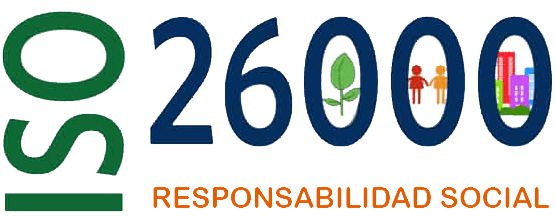September 5 is World Charity Day, through which we contribute to the promotion of dialogue, solidarity and mutual understanding among people. The date was chosen by the United Nations to commemorate the anniversary of the death of Mother Teresa of Calcutta, who received the Nobel Peace Prize in 1979 for her work in the fight against poverty and distress.
In the 2030 Agenda for Sustainable Development adopted in September 2015, the United Nations recognizes that eradicating poverty in all its forms and dimensions, including extreme poverty, is the greatest global challenge and an indispensable requirement for sustainable development. The Agenda also calls for a spirit of strengthened global solidarity, focusing in particular on the needs of the poorest and most vulnerable. It also recognizes the role of the various private sectors, ranging from microenterprises to cooperatives and multinationals, and that of civil society organizations and philanthropic organizations.
The 17 Sustainable Development Goals included in that agenda-which can be grouped into six “building blocks”: dignity, human beings, planet, prosperity, justice and partnerships-have the potential to transform our lives and our planet through harmonization and, in so doing, address the challenges facing humanity. They also provide the necessary framework for philanthropic institutions to enable all people to contribute to the betterment of our world.
In general terms, the UN considers that one of the appropriate means to achieve these goals is by promoting altruistic actions within nations, in order to achieve global welfare and sustainability.
The NGO Recicla-Alicante seeks to bring nations a little closer to the achievement of these 17 goals, but from the point of view of charity, solidarity and altruism.
María Boquera Perales – Social Worker at NGO Recicla-Alicante





